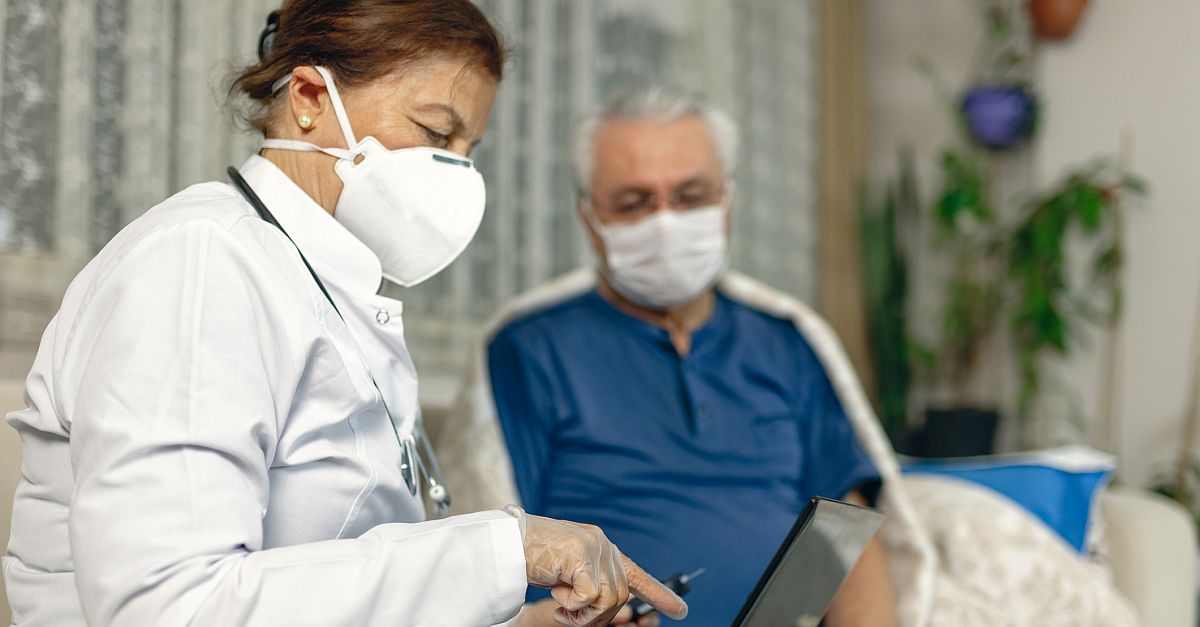As the global number of COVID-19 cases continue to rise, there is increasing concern about the risk of infection and complications among cancer patients and cancer survivors. A previous study of approximately 1600 COVID-19 patients in China reported that patients with COVID-19 were more than 3 times more likely to have cancer or be cancer survivors than would be expected based on the prevalence of cancer in China (1.0% vs 0.29%), and mortality rates from COVID-19 were higher in cancer patients and cancer survivors. This report gave important early insight despite its small sample size. A recent article published in JCO Global Oncology compiled data for 3,661 patients from 11 clinical study reports from China to further investigate the potential correlations between cancer and COVID-19. In this meta-analysis, the prevalence of cancer in patients with COVID-19 was 2.0% overall (95% CI: 2.0% to 3.0%), suggesting that cancer patients and cancer survivors in China were almost 7 times more likely to develop COVID-19 than the general population. Furthermore, an additional recent Chinese correlative analysis in approximately 1600 patients found that infected patients were 3.4-fold more likely to progress to a severe case of COVID-19 if they had malignancies vs patients with no malignancies (HR 3.50, 95% CI: 1.60–7.64). Although additional analyses are necessary to adjust for age and other potential covariates, collectively these results underscore the need to protect cancer patients from coronavirus infection. Further studies are needed as more patient data mature to allow insights into whether different cancer types and treatment regimens pose different levels of risk for COVID-19 and related complications.
High Altitude: This article adds to our understanding of the complicated interaction between COVID-19 and cancer, further emphasizing the need for increased preventative measures for infection in patients with cancer. Updated guidance from health authorities in conjunction with emerging data are valuable resources to develop guidance for institutions on whether adjustments in therapy pathways and suspensions of some clinical trials will be warranted to mitigate the risks for COVID-19 in oncology patients. Moreover, the results from these articles underscore the need for further analyses of potential correlations between SARS-CoV-2 infection, cancer type, treatment regimens, and risk of poor outcomes with COVID-19. This data could be collected from prospective databases or from adverse event reports of COVID-19 in patients from ongoing clinical trials.
Ground Level: The results from these articles suggest that cancer patients may be especially susceptible to developing COVID-19 and are also more likely to develop severe complications. Clinicians continue to face questions on how to balance maintaining care for their patients with limiting the risk of infection. Updated guidance from ASCO can help clinicians navigate decisions and identify lower-risk procedures, such as home collection of laboratory samples, home infusion of chemotherapy treatments, postponing therapies for stable cancers, and using online/telemedicine options to reduce the need for clinic and hospital visits.

